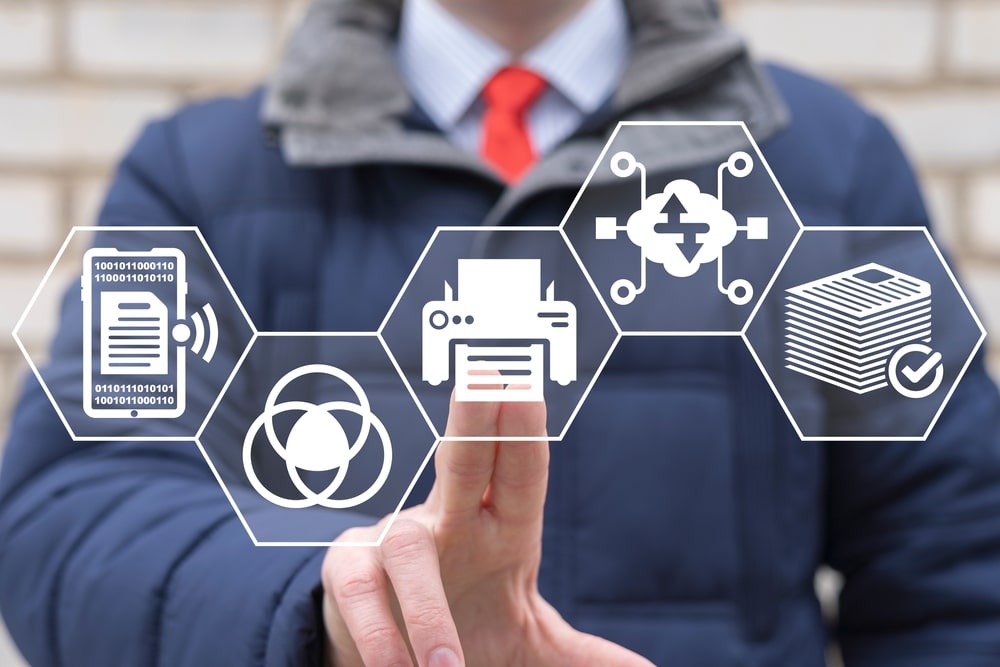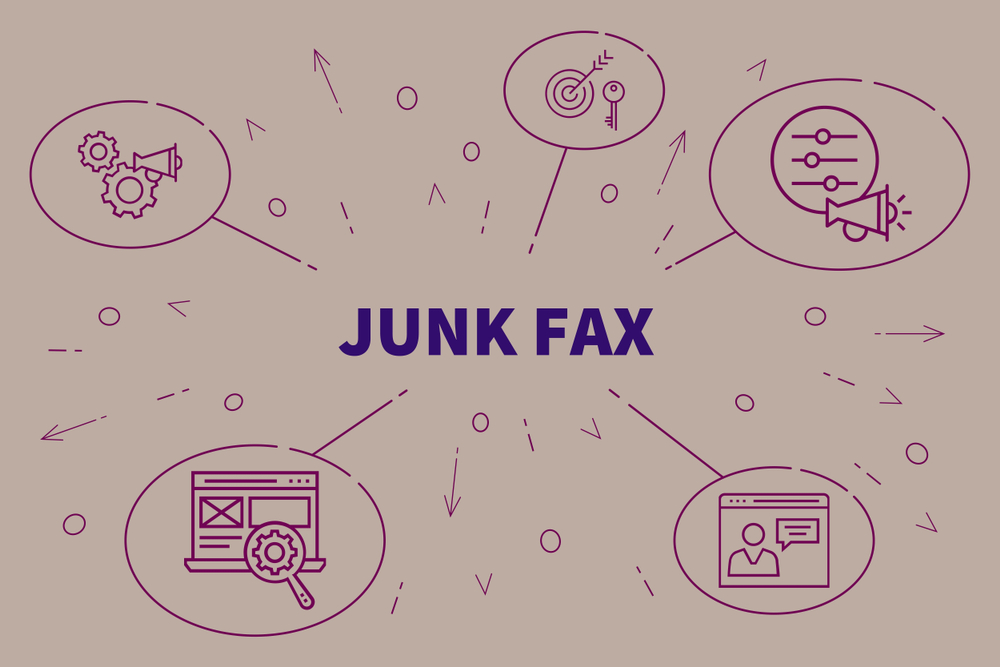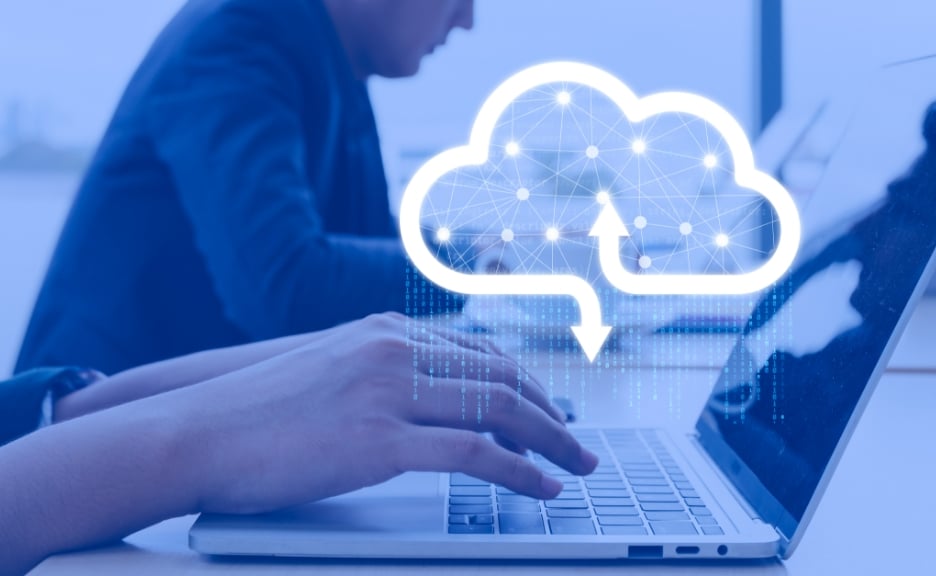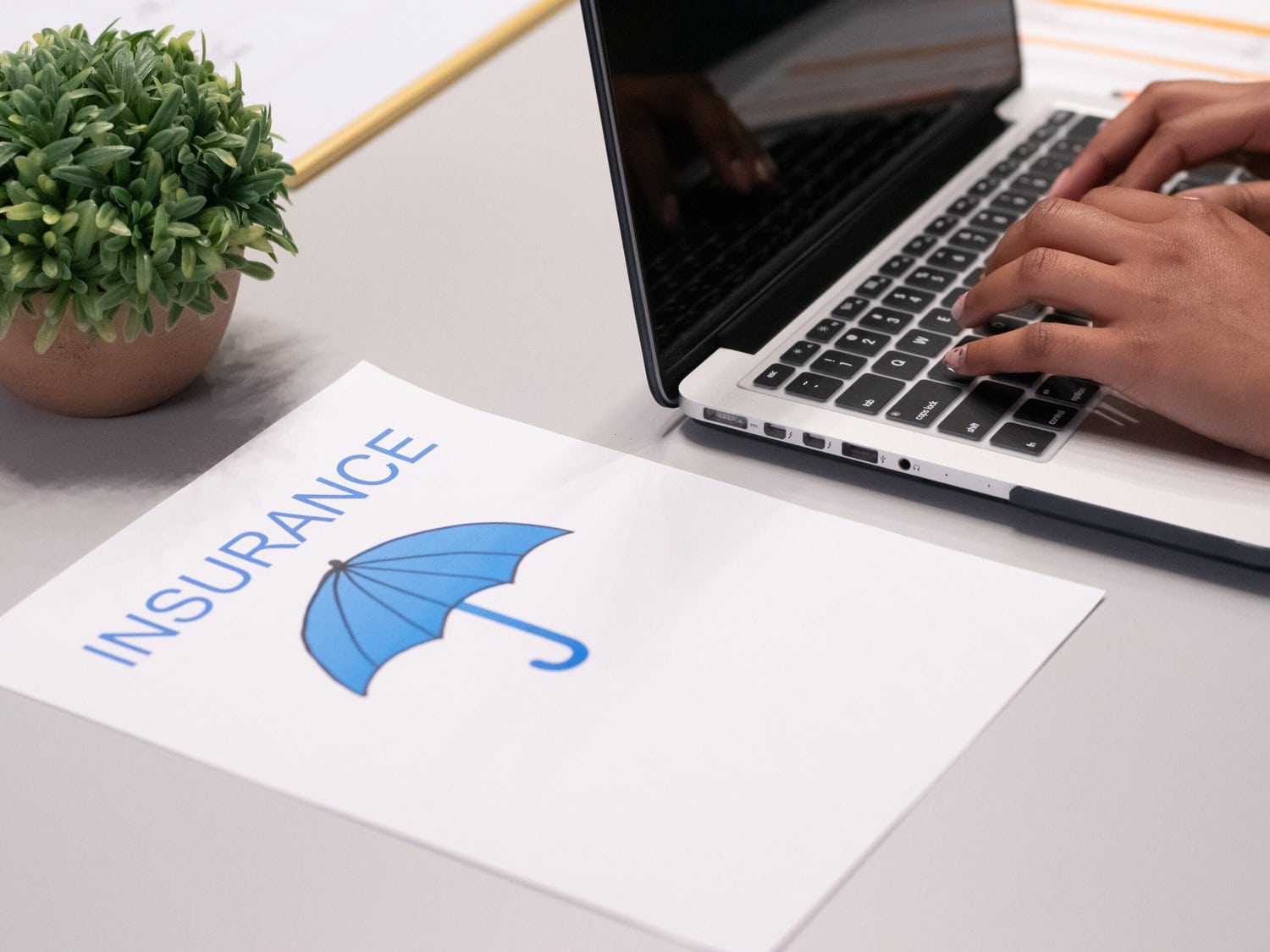Small and Medium-Sized Business
Beyond Physical Fax Machines: Modern Alternatives for Legal Document Transmission
Compare All PlansStart Faxing Now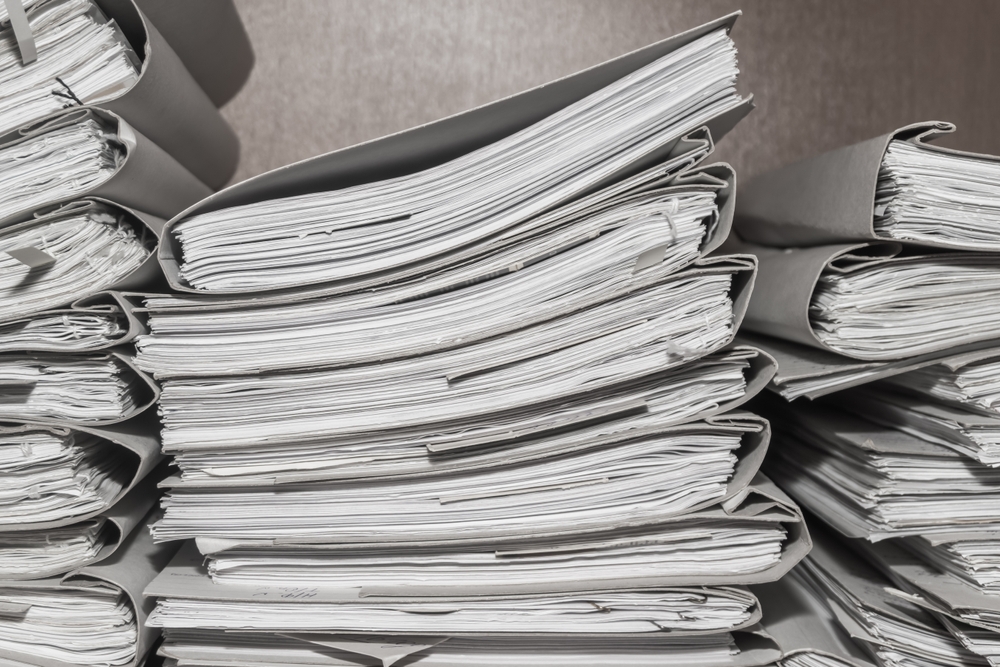
Let’s set the record straight – faxing isn’t going anywhere. It’s already 160 years old and still in business. Faxing has stood the test of time because it just works. It’s reliable, secure, and generally recognized in legal matters.
But while faxing remains important, there are now more modern methods of transmitting legal documents. New technology has made faxing more accessible. You no longer need a bulky machine to get the job done.
Welcoming change doesn’t mean letting go of what works. It means that you’re enhancing it. And with these new tools, legal professionals can streamline their work.
Here’s everything you need to know about the modern alternatives for legal document transmission. Make your work a breeze while still staying on top.
The Changing Legal Landscape
The legal landscape has changed a lot over the past few decades. It started with the shift from paper to digital. Law firms started adopting electronic filing to make case management much more efficient.
But, the pandemic accelerated this modernization. Many law firms spent over a year working remotely—some are still adjusting to fully returning to the office. Hybrid work models have become more common. And because of this major shift, nearly half of young lawyers today say that they would leave their current job for another that can offer better remote work options.
This work-from-home shift has led to a demand for modern document transmission solutions. Sensitive documents need to be stored and shared securely and efficiently from anywhere. And note that getting rid of your old fax hardware should be your priority because even if your provider hasn’t shut down their analog service infrastructure yet, they’re likely to do so soon.
The legal landscape today has essentially been embracing cloud platforms and digital tools to stay competitive while keeping their best talent connected and productive.
Out with the Traditional Fax Machines
Traditional fax machines were once a staple in the office. But now, they’re becoming much less common. It’s easy to see why. Here are some disadvantages to consider and why you should make the switch:
- High Costs: A paper fax can be quite expensive. It costs over $1.31 to send a single fax. Businesses that need a lot of faxing can find these costs adding up quickly.
- Human Error: Old-fashioned fax machines are easily prone to mistakes. Dialling the wrong number or feeding the paper incorrectly can cause errors. And with this, sensitive information could end up in the wrong hands.
- Bulky and Space-Consuming: These machines are large and in charge. Space and efficiency are more important than ever, so having a bulky machine sitting around doesn’t make much sense anymore.
- Remote Work Challenges: Traditional fax machines are becoming impractical. They’re not easily portable, either. It’ll be hard for remote workers to send or receive faxes without being tied to a physical office.
Even with these challenges, people aren’t giving up on faxing entirely. There are now modern solutions that bring faxing into the digital age. So, while people are moving away from traditional fax machines, they’re actually embracing a new era of faxing that fits more of what is required today.
Law Firms Need Modern, Secure, and Compliant Digital Solutions
Time goes by, and technology goes along with it. With that, businesses need to adapt, too. Gone are the days of manually managing documents. Something as intricate as today’s law firm needs solutions that are modern, secure, and compliant.
Why do law firms need these modern solutions?
- Efficiency: The old process was slow and labour-intensive. Digital tools make workflows smoother. This is crucial for managing large amounts of information and meeting tight deadlines.
- Flexibility: Modern solutions let your team work from anywhere. This makes it easy to adapt to remote and hybrid work.
- Risk Management: Advanced digital tools have secure and compliant processes for handling documents, reducing the risk of data breaches.
The main priority here is security. Digital transmission ensures confidentiality and uses encrypting methods to protect data, making it difficult for unauthorized users to access or alter sensitive information. This is a big step up from manual methods, where paper documents could be lost, stolen, or damaged.
Staying compliant also means ensuring all your practices and processes meet strict regulations to keep information safe and maintain trust with clients. Advanced digital solutions boost compliance for law firms.
Enterprise-grade cloud faxing like eFax, for instance, secures transmissions that meet HIPAA, HITRUST, and SOC compliance. Online faxing lets you track document access and changes, creating an audit trail that can guarantee adherence to legal standards.
Embracing a modern approach means law firms can manage compliance more effectively while keeping sensitive information safe.
Advanced Tools for Efficient Legal Document Transmission
Not just any standard file-sharing app will work for document transmission. While these tools are great for everyday tasks, legal documents demand a higher level of protection.
So, what makes a tool suitable for modern legal document transmission? First, it has to have robust security features to protect sensitive information. Your documents should be safe from tampering. This means encryption, digital signatures, and secure storage are also must-haves.
Let’s go over each of these in more detail. Here are some essential tools for modern legal document transmission.
Online Fax Services
There’s a bright future for faxing – through the web. Traditional fax machines require a lot of physical setup. Online faxing is all digital. Services like eFax let you send and receive faxes through email or through its cloud-based app. You won’t ever need heavy machines or connect to phone lines anymore.
A major benefit of online faxing is the convenience it offers. You can fax documents from anywhere and at any time. You can also use any device that has internet access. No more trips to the office just to send a fax.
Online faxing also offers strong security with encryption. This means that your documents are always protected during both transmission and when storing them.
Traditional faxing uses physical fax numbers. Meanwhile, online faxing uses email and cloud technology. So, by linking your email to an online fax service, you can manage faxes directly from your inbox. This is a modern way to simplify faxing while also adding flexibility.
Secure Email
The average data breach costs over $4 million. You seriously want to avoid that. Regular email can’t give you the protection you need. You’ll need a reliable email service to protect your sensitive information.
A secure email service often uses encryption to keep your messages confidential. This means that even if someone hacks your email, they still can’t read the content. It’s obvious why legal documents need this level of security. Encryption transforms your message into a code only the intended recipient can decode. This added layer of security is vital to protect your legal documents.
Choosing secure email over traditional email is important to maintain confidentiality. You can be sure that your documents are transmitted securely – and this reduces the potential risk of breaches or unauthorized access.
E-Signature Platforms
Electronic signatures are digital versions of your handwritten signatures. You’ll need this so that you can sign your documents electronically, making the process faster and more convenient. E-signature platforms allow you to apply your digital signature to contracts, agreements, and other key papers.
Laws like the U.S. ESIGN Act and the EU’s eIDAS Regulation set the standards for e-signatures. When you use an e-signature platform, be sure that you choose one that follows the rules. This is so that your signatures are legally binding and won’t face challenges or disputes. The right platform should make signing documents smooth and secure.
Document Management Systems (DMS)
Document Management Systems (DMS) are digital solutions used to store, manage, and track all your documents. They essentially replace your physical filing cabinets and the hassle of manually keeping records with a more organized online approach.
A DMS is helpful for legal document transmission because you get a central place to manage documents. There are also plenty of convenient features like ‘version control’ to easily track changes in your documents, ‘user permissions’ so you know who gets access, and ‘audit trails’ to maintain a clear document history.
Using a DMS streamlines document management while also reducing the risk of lost documents. After all, the last thing you’d want is to scramble for lost legal paperwork.
Virtual Data Rooms (VDR)
If you don’t have a lot of office space, a Virtual Data Room (VDR) is the way to go. They replace the need for physical data rooms used during transactions like mergers and acquisitions.
A VDR helps with legal document transmission by allowing your confidential documents to be shared and accessed safely online. It usually includes encryption and activity tracking so that only authorized users can view the documents.
You might see a similarity between VDR and DMS. Just know that VDRs are designed more for high-stakes document sharing. DMS, on the other hand, organizes and tracks your documents for everyday use.
These two platforms complement each other quite well. So while VDRs provide a secure environment for sensitive transactions, DMS helps with general document management.
Overcoming Challenges When Implementing Digital Alternatives in Law Firms
Switching to modern solutions in a legal setting can be a big step forward. But it also comes with challenges. Here are common problems you might run into:
Integration with Existing Systems
Integrating new digital tools into your current systems can be quite tricky. You’ll need solutions that work well with the software and processes you already use or slowly transition so that no one is overwhelmed. Plan carefully and consult with IT experts to smooth out any possible integration issues.
Training and Adoption
Getting your team to embrace new technology is always a challenge. Digital tools often require new skills, so expect that your staff will need some training. Be sure to be patient and provide clear, comprehensive training and support during the transition. Highlight the benefits of the new tools to motivate them.
Initial Costs
The resources and upfront costs are usually the biggest of your expenses. After all, you’ll need to budget for new software, secure systems, and training. But while these costs can add up, the long-term benefits of improved efficiency and lower reliance on outdated technology will outweigh them.
Data Migration
It will take some time before you can completely transfer your data from old systems to new digital platforms – and it’s going to be complex. Ensure the migration is done accurately and securely every step of the way. It might be worth working with specialists to avoid disruptions or data loss.
eFax Protect for Legal Document Transmission
Choosing modern alternatives for sharing legal documents can make all the difference to the way your business operates. You deserve smarter and more flexible solutions.
Faxing doesn’t have to be complicated, either. With eFax Protect, you can handle all your faxing needs online. eFax simplifies the process of transmitting, managing, and transforming documents into useful data. We provide secure, scalable cloud faxing that meets all your compliance needs.
You also won’t need any special hardware or software. eFax Protect uses cutting-edge encryption and gives you all the comprehensive tools you need to manage your faxing all in one place.
The future of legal document transmission is here – and with eFax Protect, you can take advantage of it to simplify your work like never before and keep your documents safer than ever.
FAQs
Yes, modern faxing is legally binding, provided the fax is sent and received with proper authentication and meets the legal standards of your jurisdiction. Always verify your local laws to ensure compliance.
Online faxing is generally secure, especially with services that use two-factor authentication and have data encryption. Look for providers that offer strong security measures to protect your legal documents.
Online faxing is considered safer than email. It’s harder to intercept faxes because of stricter security precautions. Faxing makes legal documents accessible only to authorized recipients.
Trusted online fax services like eFax Protect and eFax Corporate comply with HIPAA to protect patient information, meet HITRUST standards for managing sensitive data, and follow SOC guidelines for data security, availability, and confidentiality. These compliance considerations keep law firms on the right side of the law while handling sensitive documents.
